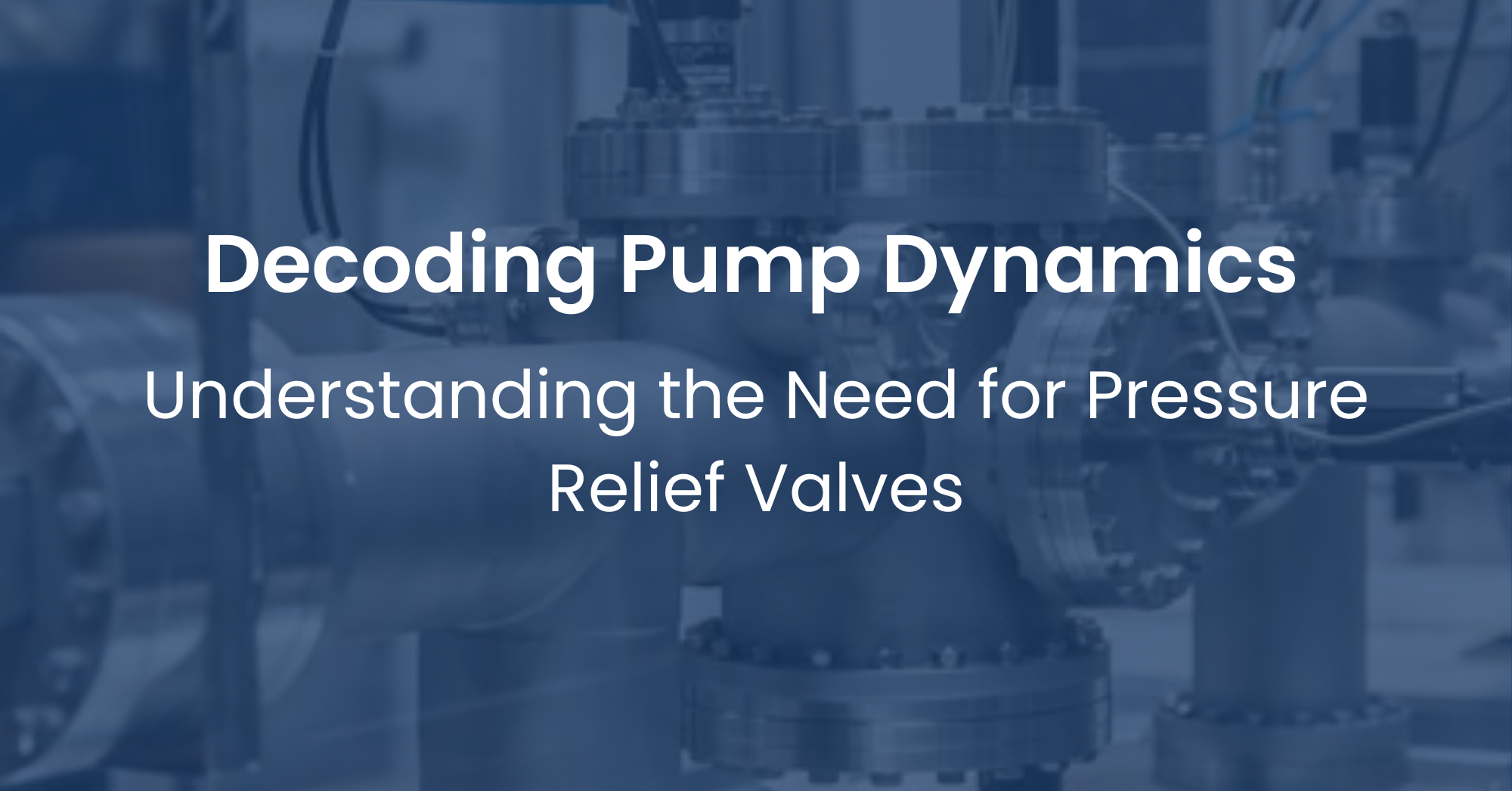Chopping: Solving the Problem of Solids in Wastewater
Wastewater contains a mix of liquids and various solids, from rags and sanitary wipes to organic waste and other debris. These solids create significant problems for wastewater systems, leading to clogs, breakdowns, and costly downtime. At Hayes Group, we know that dealing with these solids is one of the biggest challenges in wastewater management.
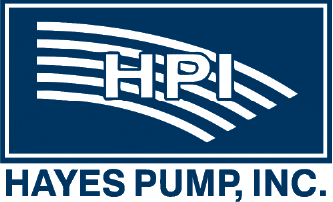



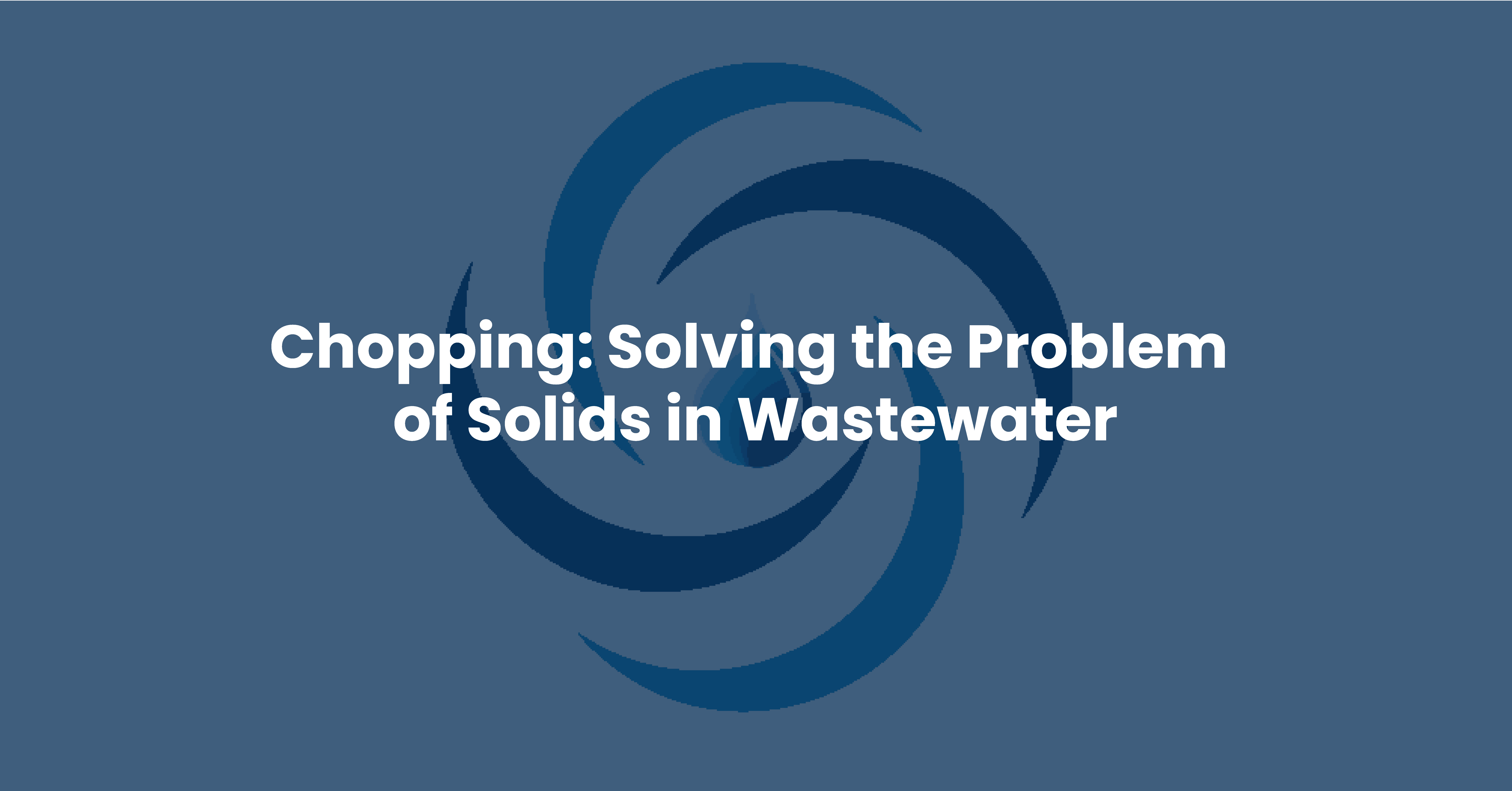
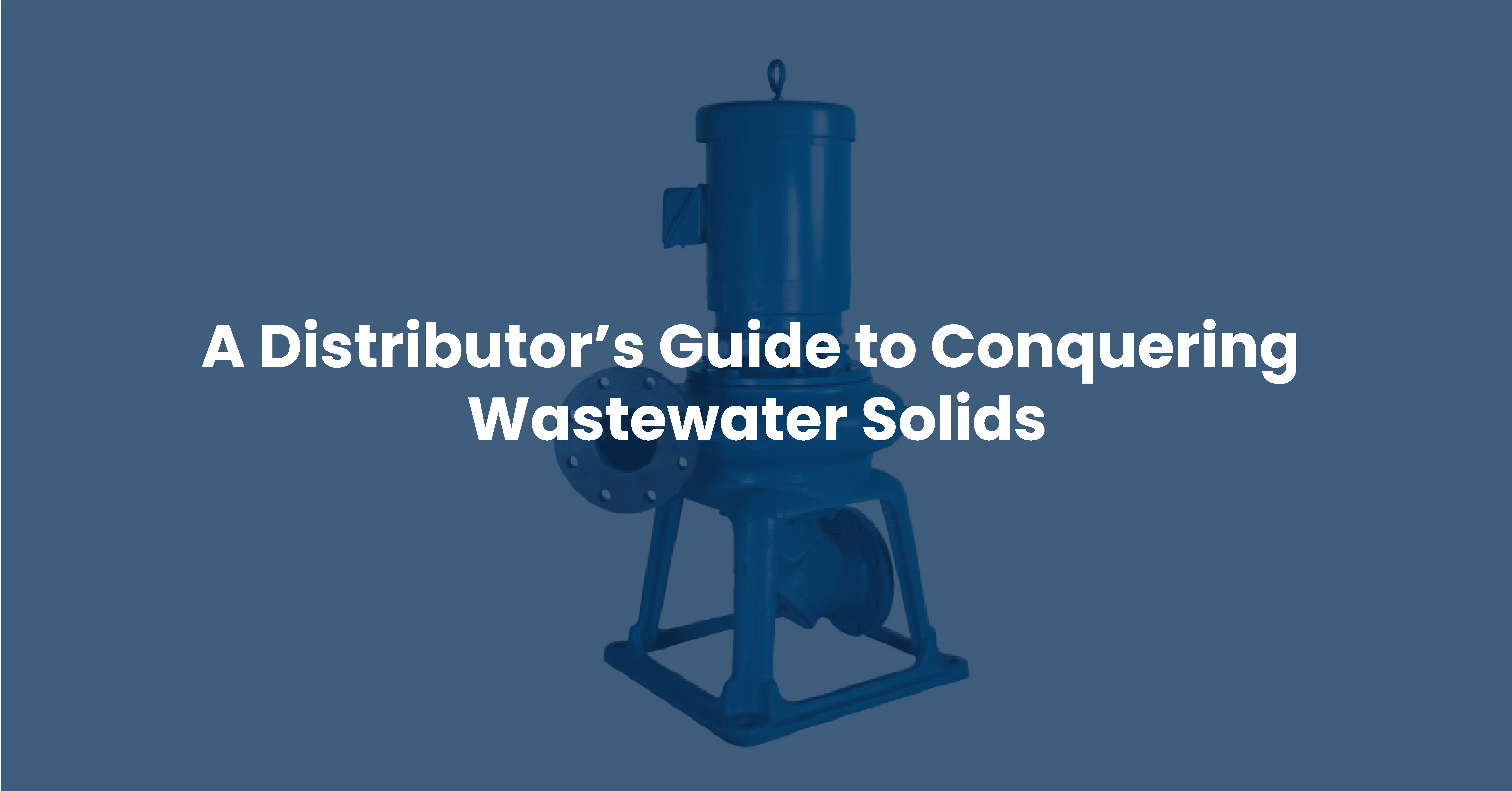
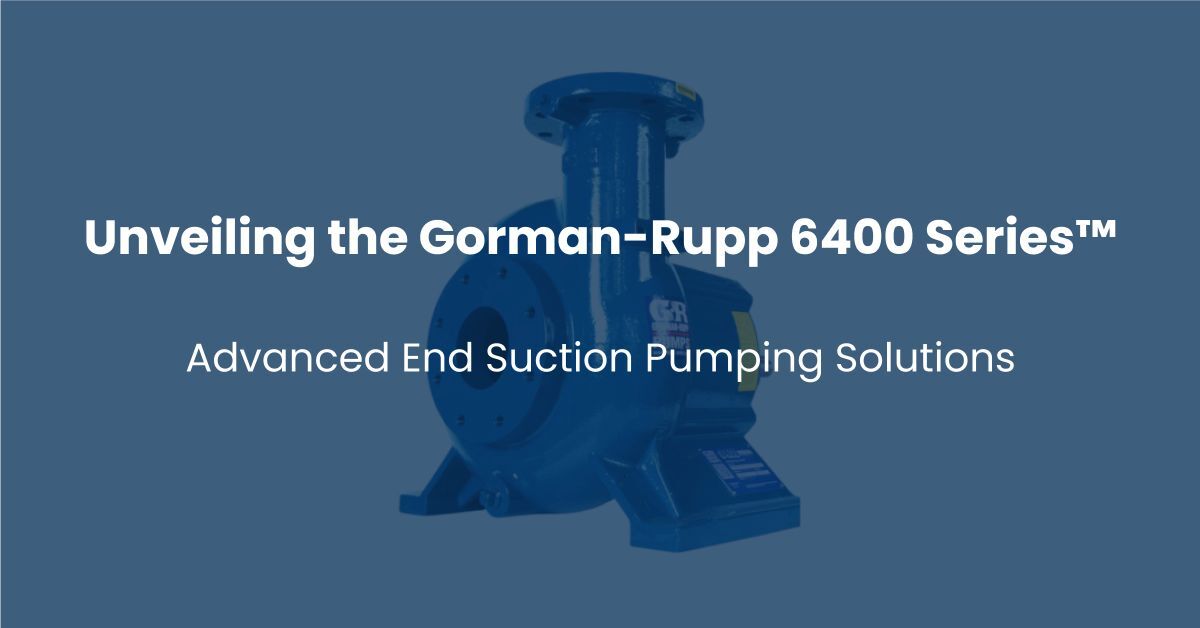

-Aug-18-2025-01-14-52-9048-PM.png)
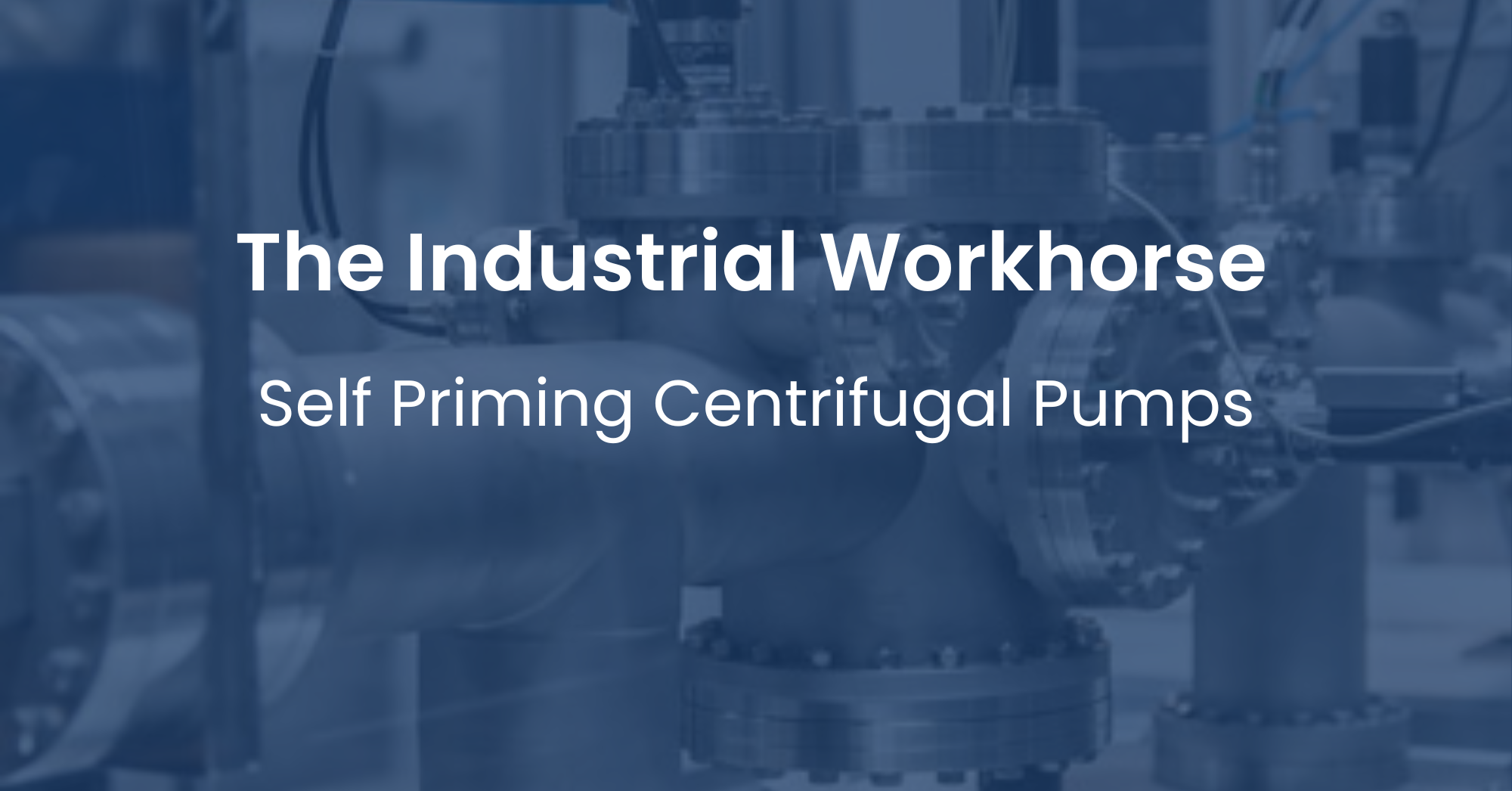
-1.png)
-3.png)
-Sep-30-2024-05-50-05-0638-PM.png)
